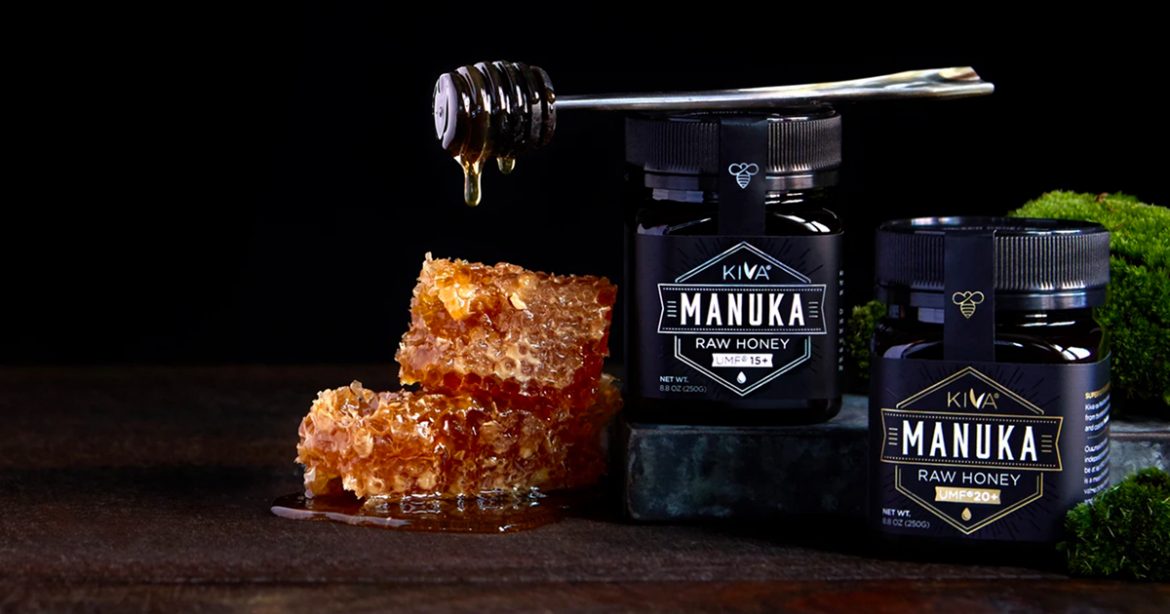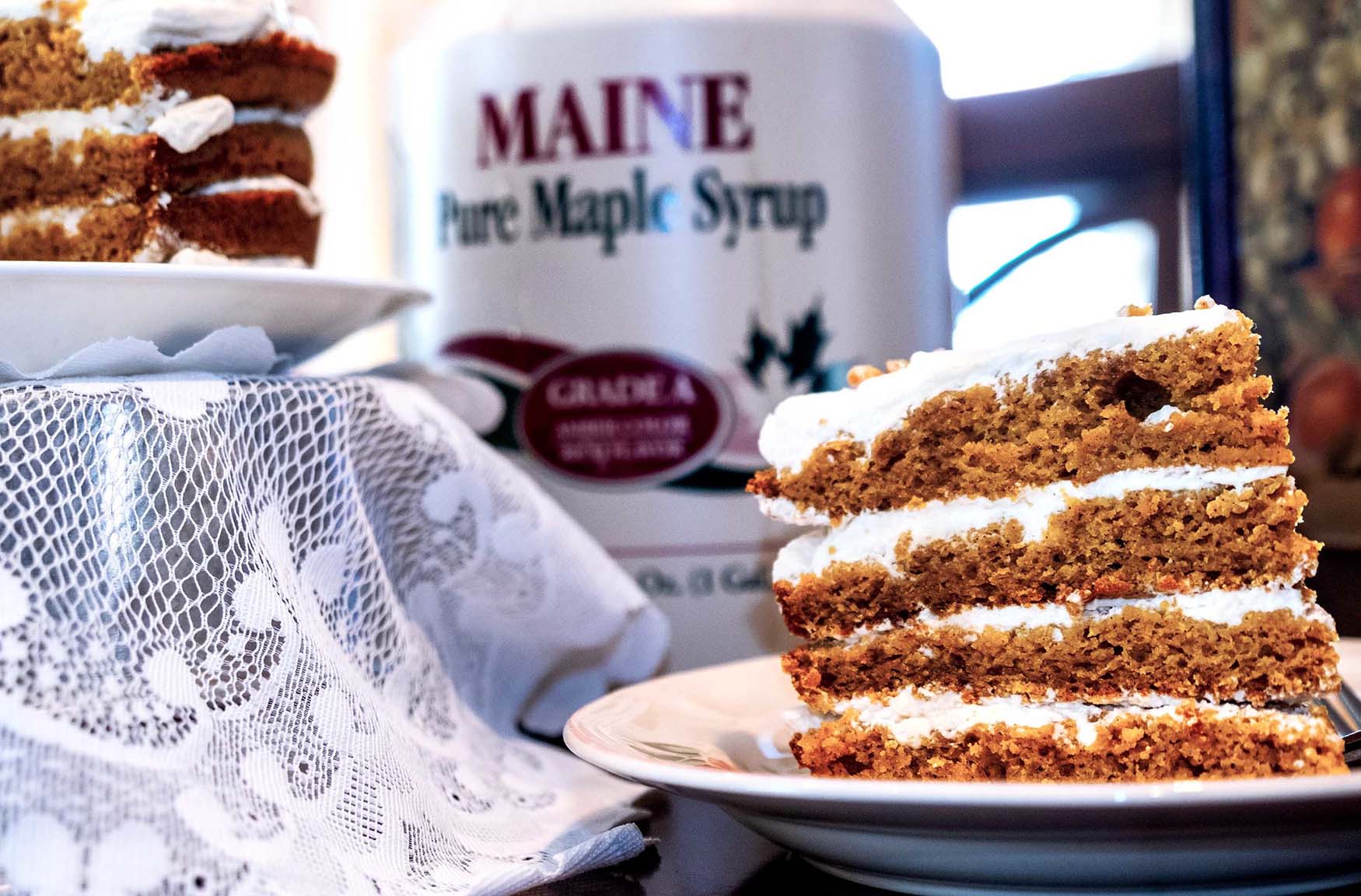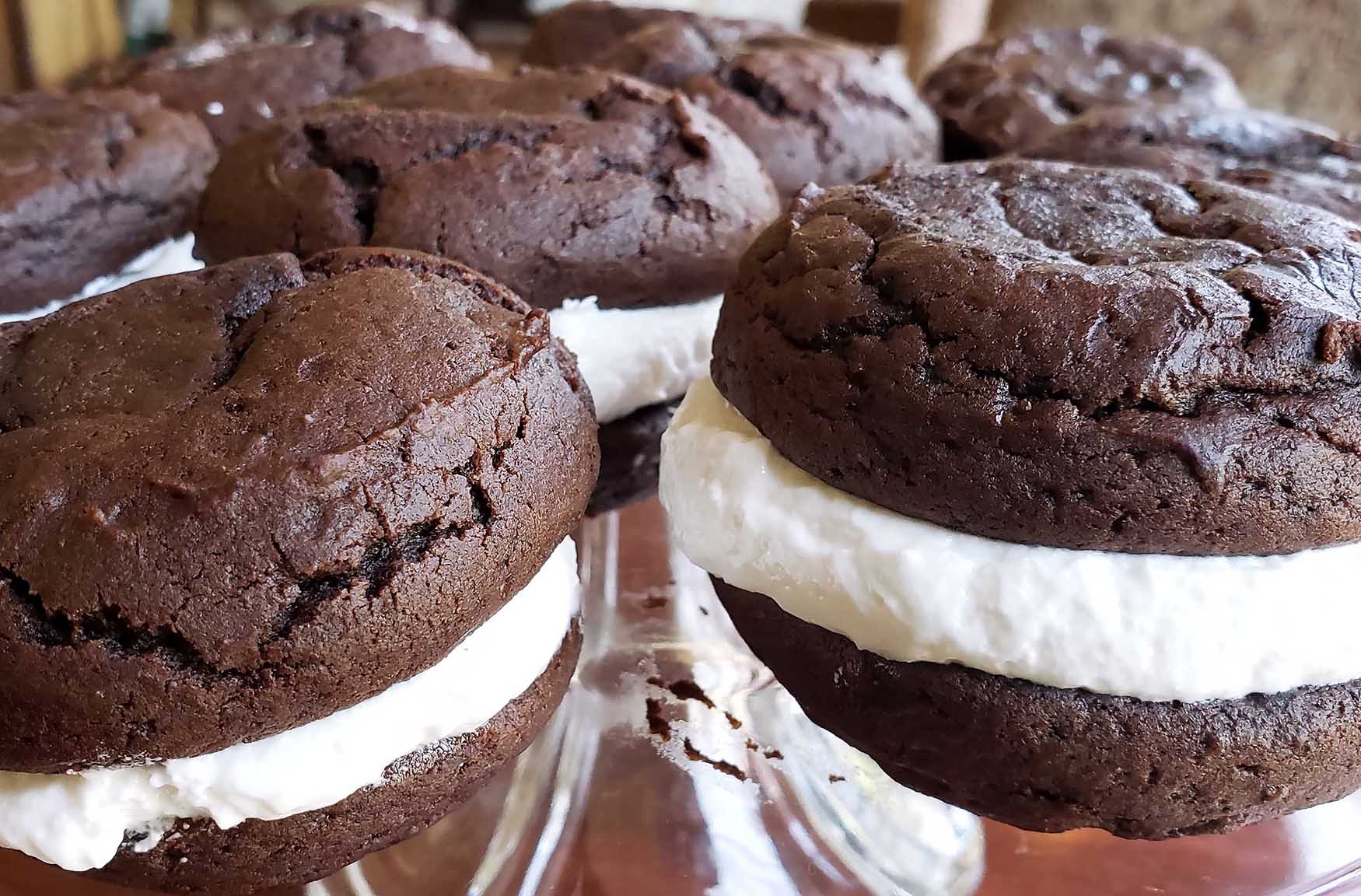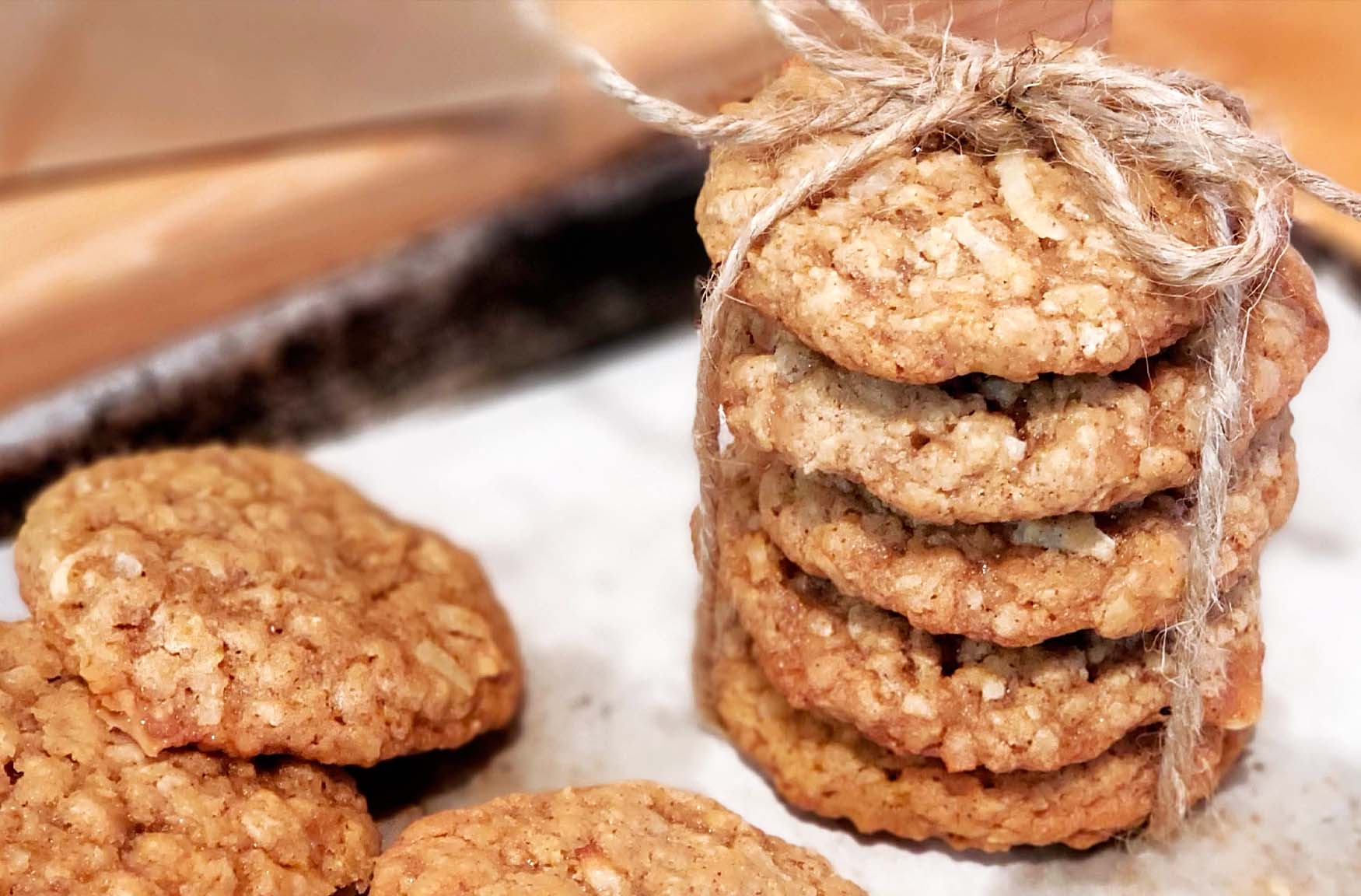Benefits of Manuka Honey
Discover the transformative power and benefits of Kiva Raw Manuka Honey, a superfood bursting with skin-revitalizing, digestive-soothing, energy-boosting, and immune-strengthening properties. Sourced from the unspoiled landscapes of New Zealand’s remote hills, forests, and coastal regions, this non-GMO, raw Manuka honey is a premium elixir of nature. With its traceable and certified quality by Kiva Health Food, indulge in the assurance of pure, unparalleled wellness with every spoonful. Elevate your health journey with this extraordinary superfood.
So, what’s the deal with Manuka Honey?
This is one of those guilty pleasure items I can’t help but splurge on; and something I personally start out every single day with.
Manuka honey is a monofloral honey that hails from New Zealand and is made by bees who feed on the flowers of the Manuka bush.
Whereas all honey, in general, has long been praised for its antibacterial properties; manuka honey, in particular, is held up as the gold standard by healthy foodies due to its even stronger antibacterial, antioxidant, and anti-inflammatory qualities.
CNN called manuka honey an “antibiotic powerhouse”. Women’s Health states that “Manuka Honey Might Be The Key To Your Stomach Health”. MindBodyGreen asserts that it’s the “most powerful honey you can choose to help fight off illness”. Cosmopolitan calls it the “best all-natural beauty + health & wellness wonder”.
Manuka honey is even used in medical settings and on medical grade bandages. “There is evidence for the use of manuka honey for acute burns, diabetic ulcers, and arterial ulcers,” states Robert Graham, MD. “Particularly for wounds, honey prevents infections, speeds up healing, and has also been shown to decrease the risk of developing community-acquired MRSA.”
As you can see, Manuka honey appears to have lots of potential benefits
Benefits of Manuka Honey
Websites throughout the Internet are packed with a broad array of additional claims of the mesmerizing health benefits tied to manuka honey — Oral health, digestive health, antioxidant properties — but many of these assertions are based on anecdotal evidence or limited, small-scale studies. Much of it sounds promising, but more science is obviously needed to truly firm up the hype.
Either way, I’ve always been a huge fan of honey – and if manuka honey delivers even a small percentage of the benefits that are responsible for building up its mystique (and driving up its price), then this sought after sweetener certainly deserves inclusion into the exclusive superfood club.
The truth is, aside from all the health claims, I love manuka honey for its flavor alone. Earthy. Herbaceous. Florid. Rich. Complex.
Then there’s the texture. Unlike most regular honey found on supermarket shelves, manuka honey isn’t a liquid at room temperature. It’s much more viscous; spreadable and thick, conveying a creamy mouthfeel accented by tiny sweet crystals.
How to eat it? You can add it to yogurt. Put it in your tea. Slather it on toast. Use it to sweeten smoothies. Combine it with oil and vinegar for a zesty salad dressing. Or just have a small spoonful with nothing else!
Two things to keep in mind:
- Look for Manuka honey with a UMF (Unique Manuka Factor) rating or an MGO (methylglyoxal) rating. These ratings indicate the potency of the antibacterial properties in the honey.
- Manuka honey can be expensive. Be sure to purchase it from a reputable source.
Which Brand of Manuka Honey Should You Purchase? I’ve tried many of the major brands of manuka honey – and my favorite, by far, has been the Kiva Raw Manuka Honey, Certified UMF 20+ (MGO 850+): “Harvested from the remote and pristine hills, forest, and coastal areas of New Zealand. Each batch is Independently Tested, Verified and Traceable.”
I find the quality, flavor, and texture of this particular manuka honey to be reliably consistent versus the other brands I’ve rotated through. I actually have this honey set up as a recurring purchase, so I receive a steady supply.
Disclaimer: Information is harvested (at time of publication) from publicly available sources and is deemed reliable at time of original publication, but not guaranteed – any editorial content is solely opinion-based – status of businesses, availability, prices, dates, times, details, and etc are subject to change or withdrawal at any time and for any reason. All dimensions are approximate and have not been verified. All data should be independently verified from official sources.










